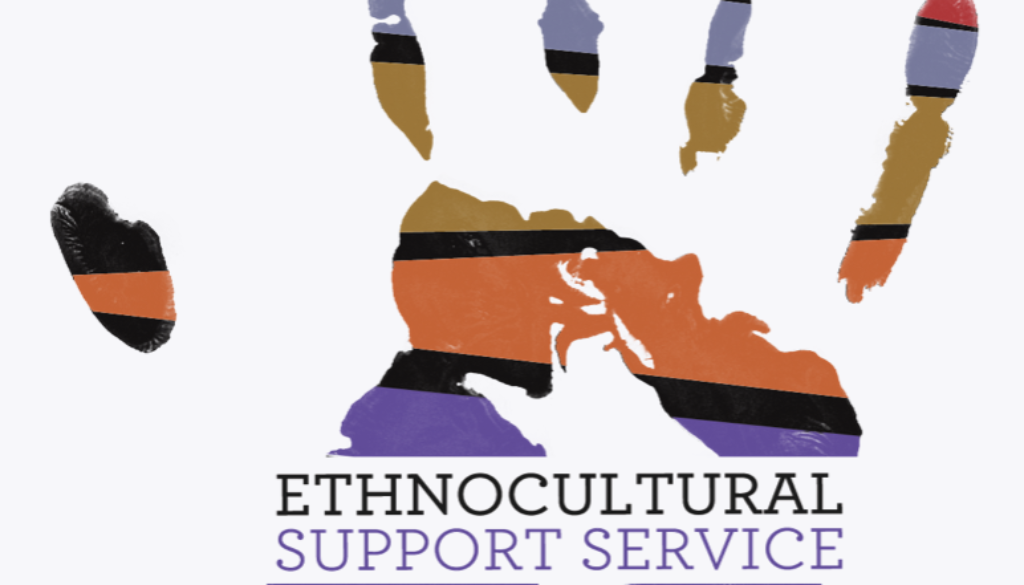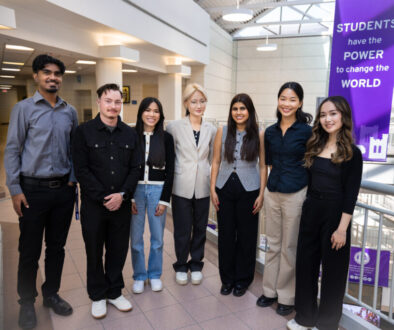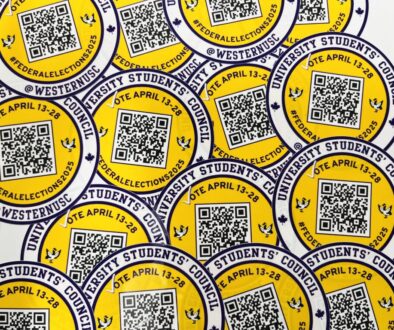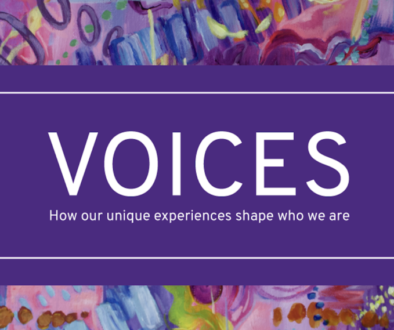USC Spotlight: Ethnocultural Support Services
An invaluable resource for BIPOC students on campus, Ethnocultural Support Services (ESS) is a USC-funded student team, dedicated to highlighting issues surrounding ethno-cultural equity, diversity, and inclusion.
ESS’ goal is to empower students through community enhancement, education and programing, as well as by celebrating the myriad of racial, cultural, ethnic, and religious minorities being represented on Western’s campus.
“Rather than a regular USC club, we’re an executive body that provides access to resources which gives people opportunities to connect with their communities. We celebrate, we support, and we uplift,” explains Light Naing, this year’s Ethnocultural Support Services’ Coordinator.
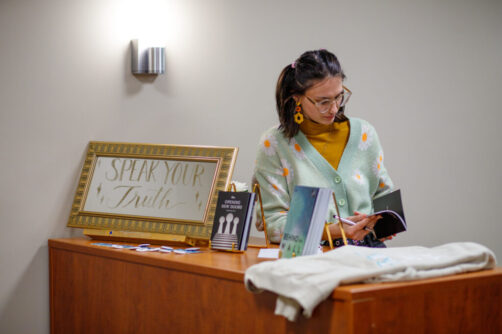
This term, ESS organized an Open Mic Night called ‘Speak Your Truth’ in collaboration with Stay Woke, Penned by Western, and Gender Equality Network. Aimed at amplifying voices on the margins, the event served as a stage for students to freely showcase their creativity in whichever way they desired.
“People outside of the university had also come for the event, and it was basically like a little conversation between everyone,” says Naing.
In addition to the Open Mic Night, ESS has also collaborated with the Faculty of Health Sciences during their cultural fair. At this event, ESS showcased the rich diversity of food across different cultures.
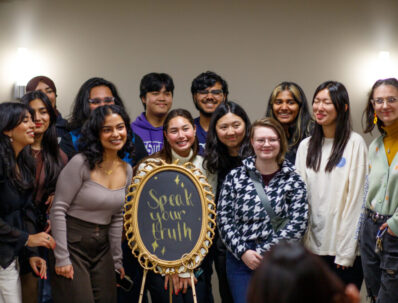
This semester, ESS also organized a Wellness event around finals season. Participants had the opportunity to enter a raffle for exciting prizes like Sony headphones, Alexas, LED lights, or delightful goodie bags by correctly answering cultural trivia questions. Stay tuned for more upcoming giveaways in the next semester!
Alongside events, ESS has launched a multitude of social media campaigns that can be found on their Instagram page @ethnousc.
During the last month, ESS presented an engaging and comprehensive three-part series titled “Unwrapping December Holidays”, delving into the vibrant tapestry of celebrations observed by diverse ethnic groups.
This illuminating series explored the rich traditions and cultural significance behind festivities such as Kwanzaa, Christmas, Bodhi Day, Pancha Ganapati, Posadas Navideñas, Hanukkah, Shabe Yalda, Dongzhi, and Soyal.
Offering insights into their customs, rituals, and the profound meanings that unite communities during the festive season, the campaign aimed to foster understanding and appreciation for diversity of holiday traditions across different cultures.

ESS also ran a campaign addressing microaggressions, with the goal to educate students about these subtle yet impactful behaviors. Through an informative Instagram thread, the campaign highlighted the different forms of microaggressions, helping students recognize instances they might have encountered on campus while emphasizing the detrimental effects of these actions and providing valuable resources available for support within the campus community.
These resources include the Student Appeals Center and the Office of the Ombudsperson. “These are governing bodies that can help you if you have a serious academic problem that you need to get solved which can look like microaggressions from a profession or a class, or if you feel like racial factors are going into your grade in the class,” explains Naing.
The Racism Reporting Tool and Office of the EDI are other resources you can also reach out to if you are experiencing discriminatory behavior. The former is an online anonymous and confidential portal where students can report any instances of racism faced on campus.
“Ethno can connect students with so many resources for issues marginalized students face on campus. We’re always available to talk to you and the services we provide act as an intermediary for seeking professional help,” says Naing.
Students can reach out to ESS through Email (ethnocultural@westernusc.ca), Instagram, Twitter (@ethnoUSC), or Facebook (https://www.facebook.com/ethnoUSC). Recruiting for volunteer positions at ESS and other peer programs by the USC begins at the beginning of each academic year.
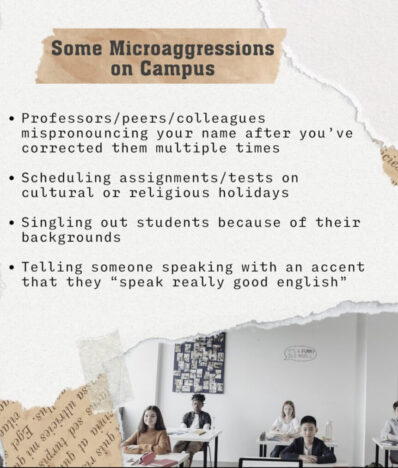
“My vision for Ethno is where instead of a serious and professional place, it’s more of a celebratory and positive environment that informs BIPOC students of resources which will help navigate life on campus. We want to be representing communities and celebrating diverse identities in a predominantly White institution.”
Watch out for ESS’ upcoming campaigns and events in the coming semester including collaborations with 15 cultural clubs, their annual flagship event aimed at promoting leadership on campus and the workplace, Black History Month, and much more!

